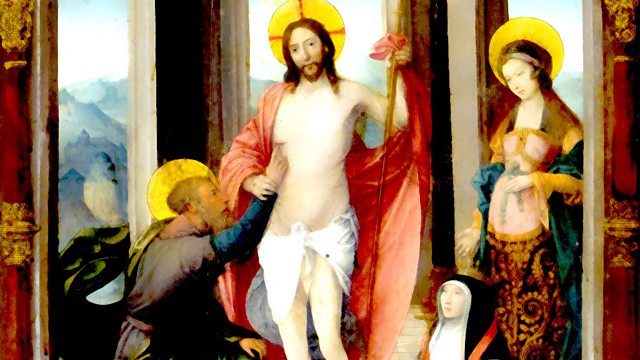
Episode 2
Richard Holloway discusses doubt as a means of challenging the prevailing religious thought, how religion dealt with those who paraded their doubts and what is meant by free will.
In a series of personal essays, Richard Holloway considers the tensions between faith and doubt over the last 3000 years. Author and former Bishop of Edinburgh, Richard Holloway focuses on the Judeo-Christian tradition as he takes the listener from the birth of religious thinking, through the Old and New Testaments, to the developments in subsequent centuries and their influence on thinkers and writers, up to the present day.
In today's omnibus edition, Richard Holloway shows how doubt challenged prevailing religious thought, particularly in the person of the 16th century German monk and priest Martin Luther. Luther's radical ideas launched the Reformation and, as Holloway argues "lit the fuse that blew Christendom apart". As a result, the late 16th and early 17th century saw a proliferation of sects and non conformists in Europe, many of whom were seeking a more personal and less mediated relationship with God. Holloway looks at the internal struggles of two such believers - English poet John Donne and writer John Bunyan.
Meanwhile, early Enlightenment thinkers were grappling with the philosophical nature of God as Holloway's journey takes him to 17th century France in the figures of Descartes and Pascal. Holloway discusses the ideas of Spinoza whose radical idea that God and Nature were essentially the same thing threatened the religious establishment. He was excommunicated at just 23 years old, though his view of free will would go on to influence a wide variety of thinkers including the 20th century pioneer of psychoanalysis Sigmund Freud.
Producer: Olivia Landsberg
A Ladbroke Production for Βι¶ΉΤΌΕΔ Radio 4.
Last on
More episodes
Previous
Next
See all episodes from Honest Doubt: The History of an Epic Struggle - Omnibus
Broadcast
- Fri 8 Jun 2012 21:00Βι¶ΉΤΌΕΔ Radio 4
